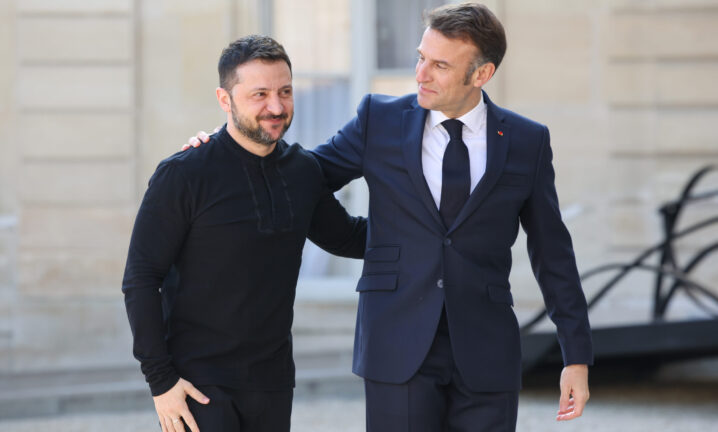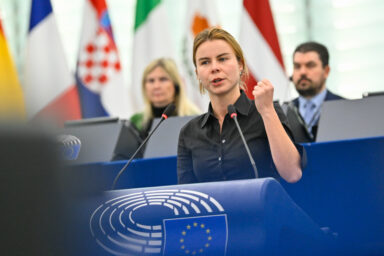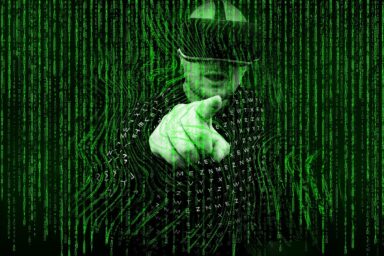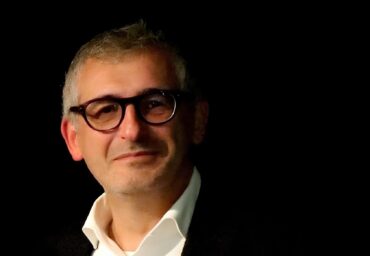Last Thursday’s meeting of the European Parliament’s Special committee on the European Democracy Shield exposed deep ideological divides over the ethics, efficacy, and funding of fact-checking initiatives. Lawmakers clashed over issues of censorship, bias, and the limits of free speech.
A debate in the European Parliament’s EUDS committee on 3 July laid bare the ideological fissures over how—or whether—to regulate disinformation. At issue was the role of fact-checkers under the proposed European Democracy Shield (EUDS), a legislative package that aims to counter hybrid threats.
Stefan Mündges, coordinator of the European Fact-Checking Standards Network (EFCSN), opened with a grim assessment: Europe’s information ecosystem, he argued, faces attacks not just from foreign actors but from domestic ones—conspiracy theorists, clickbait media, and even politicians.
Le cocainiste de l’Élysée?
His case in point: a false claim that Emmanuel Macron, France’s president, had used cocaine during a train journey with European leaders. The narrative, he noted, originated in French far-right circles, spread via Kremlin-linked channels, and later “boomeranged” back into France’s social-media discourse. Such cross-border contamination, he warned, demands “sustained resources” to combat—resources now at risk as tech platforms like Meta and X slash funding for fact-checking partnerships.
Facts are not ideological—disinformation is. – MEP Ana Catarina Mendes
Mr Mündges proposed an “Independent Information Integrity Fund”, which EU institutions, member states, and private donors would finance. The fund, he said, would insulate fact-checkers from political or corporate influence. EFCSN’s 61 member organisations, he stressed, follow strict standards of nonpartisanship and transparency. ‚
‘Left-wing bias‘
Scepticism emerged immediately. MEP Milan Zwer (EPP/SL) accused EFCSN members—such as Slovenia’s OSTRO—of left-wing bias. “No institution should monopolise truth,” he argued, hailing X’s “Community Notes” feature—where users add context to posts—as a more democratic model.
Mr Mündges pushed back. EFCSN’s code, he said, mandates that members scrutinise all political factions; independent auditors handle complaints. Community Notes, he countered, let consensus override accuracy—posts claiming “vaccines kill” might evade correction if users clash. “Crowdsourcing cannot replace professional fact-checkers,” he insisted.
You might be interested
The clash crystallised a broader tension: can fact-checking stay neutral in polarised democracies? MEP Ana Catarina Mendes (S&D/PT) had no doubts. “Facts are not ideological—disinformation is,” she said. If lies about vaccines or election fraud go unchecked, they erode trust in democracy itself. Mr Mündges agreed: “We correct false claims so debates rest on shared facts. We do not silence opinions.”
Right to reply
Not everyone agreed. MEP Cristian Terheș (ECR/RO) recounted how Romanian fact-checkers had labelled his citation of EU vaccine-safety data as “disinformation”—a move that led Parliament to scrub his speeches from its website. “Where is my right to reply?” he demanded. Mr Mündges noted that EFCSN issues corrections for errors but stressed that public figures must accept scrutiny.
Far-right voices sharpened the tone. MEP Marieke Ehlers (PfE/NL) dismissed disinformation labels as tools to suppress dissent. “Question the Green Deal? That’s ‘Russian disinformation’. Demand border controls? ‘Hate speech’,” she scoffed. Fact-checkers, she claimed, answer to “globalist elites”, not voters. Mr Mündges rejected the charge: “We verify claims, not opinions. Policy debates are legitimate—falsehoods about vaccines or elections are not.”
Algorithms amplify outrage, not truth. – MEP Bartłomiej Sinkiewicz
Baltic lawmakers underscored the unique risks in border regions. Sandra Kalniete (EPP/LAT) described how Russia flooded TikTok with untraceable lies during her country’s municipal elections; fact-checkers lacked the resources to respond. Bartłomiej Sinkiewicz (EPP/PL) doubted their impact: “Algorithms amplify outrage, not truth. Did fact-checking stop ‘Pizzagate’? No. Platforms profit from chaos.”
Systemic flaws
Mr Mündges acknowledged systemic flaws but highlighted incremental gains: today, 23 per cent of Europeans seek fact-checks when unsure about information. He saved his harshest critique for platforms replacing professionals with tools like Community Notes—a “slower, less reliable” fix, he argued.
As the session closed, progressives rallied behind fact-checking. MEP Nathalie Loiseau (Renew/FR), the committee’s chair, called it a “safeguard against those who claim even world war two’s dates are debatable”. Conservatives demurred. “Today’s ‘misinformation’ often becomes tomorrow’s dissent,” warned MEP Jacek Saryusz-Wolski (ECR/PL).
The unresolved questions linger. Can fact-checking dodge accusations of bias? Can democracies counter lies without chilling speech? The EUDS negotiations will demand answers, but last Thursday’s session offered few clues.











